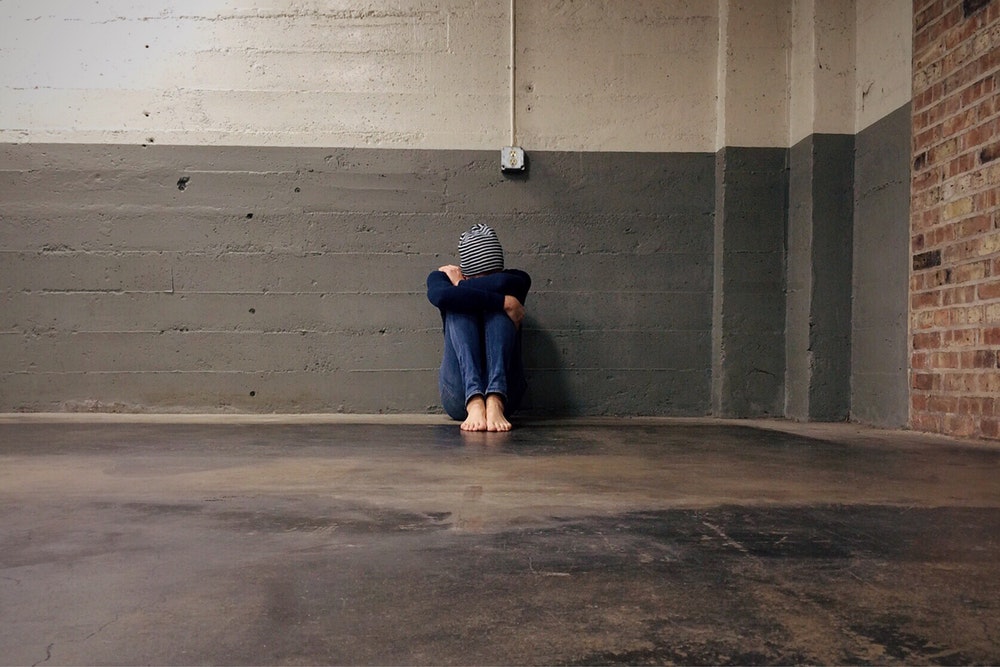Why Victims of Sexual Harassment Suffer in Silence (Rather than Report the Crime)

Many brave women are garnering the courage to stand up and report the abusive behavior they’ve endured from men in power positions. However, sexual harassment goes both ways and goes unreported by both women and men.
Some reports claim one out of three women are sexually harassed at work. That doesn’t include women who are harassed outside of their work environment.
Why Aren’t Victims Reporting Sexual Harassment?
Many victims do not report sexual harassment due to a simple lack of knowledge on the actual definition and what it covers.
Many emotions are also associated with reporting sexual harassment. It’s a crime that leaves victims feeling powerless, and they often choose to suffer in silence rather than move forward in filing charges.
Helping men and women better understand what sexual harassment is, is one way to help. Having more knowledge on this topic will give you a greater sense of awareness around sexual harassment, so you can establish stronger boundaries to protect yourself.
What is Sexual Harassment?

The legal definition of sexual harassment is any unwanted sexual conduct.
Any behavior that makes you feel uncomfortable and is repeated by the perpetrator is considered harassment.
This can include sexual advances, requests, physical or verbal behaviors that create a stressful work environment. Furthermore, if submission to or rejection of the unwanted sexual behaviors are connected to employment decisions, it’s considered harassment.
For example, if a company leader tells a female employee that she must submit to his sexual advances to obtain a promotion, this is sexual harassment.
Sexual harassment can include the unwanted sharing of explicit images; telling inappropriate stories or jokes; making sexual comments about your appearance; asking you or others about your sexual orientation or history; and even looking at you repeatedly in a sexual manner.
Even with a clear definition, some victims feel powerless and alone in their journey to overcoming the trauma of harassment. Below are some of the reasons women and men victims avoid reporting sexual harassment.
Reason 1: Retaliation
Sexual harassment is often used by those who have some kind of power. Often, leaders instill a sense of fear into their victims. Jobs are threatened if the crime is reported. Or, predators use their power to lure innocent victims, promising them something great if they give in to the sexual advance.
The fear of retaliation is very common in sexual harassment cases. Retaliation means any adverse action taken against an employee who has filed a harassment claim. Retaliation often includes demotions, loss of employment, reduced pay or negative evaluations.
In Hollywood, retaliation can mean being blacklisted from working in the film industry altogether. This is a life altering consequence for the victim. The victim is punished for doing the right thing.
Because of this reality, victims will often choose to walk away quietly, finding other employment rather than confronting the situation.
Victims should be protected from retaliation as well as being protected from the acts of harassment.
Reason 2: Victim Shame and Blame

When women are brave enough to report their assaults, they face being shamed or blamed by others in the industry, colleagues, friends and even family. Victim blaming is any act that makes the victim feel as if the assault is their fault.
The truth is, sexual assault is not their fault. No victim deserves to be assaulted by harassment and then assaulted again by shame or blame.
This type of behavior creates a hardship for victims, making them doubt their own instincts. Over time, victims may begin believing the harsh words of blamers. They may even start to blame themselves. Their self-esteem then decreases and their hope for recovery is lessened.
All blame should be directed at the one making unwanted sexual advances, not the victim.
Reason 3: Credibility
Women have struggled for years to gain equal opportunities in the workplace. If they report an incident of sexual harassment and the claims are rejected by the courts, credibility is at risk. They fear their co-workers or other employers will view them as a trouble maker rather than a valued employee.
Credibility is the first thing attacked by the defense team of an abuser. Defense lawyers will use any negative factors they can to win a case, even if it comprises the physical and mental health of the victim. Many women choose to avoid having their personal information aired to the public in a harassment case.
Women who seek justice for a crime such as sexual harassment should be the most credible witness due to their bravery.
Reason 4: Reputation
Positive reputations can take years to build but only a short time to destroy. Reputations get a person hired, or not, for important work. Damage to a reputation can be costly, both physically and emotionally.
In sexual harassment cases, women fear damaging their reputation. Women also fear damaging the reputation of their abuser. While this sounds odd to some, it is true that most women have an innate desire to seek peace.
Reputation should not be a factor when it comes to doing the right thing. Women who speak up with the risk of damaging reputations are not only brave, but inspiring.
Reason 5: Confidentiality
There are some men of power who incorporate confidentiality agreements into employment contracts. Unfortunately, some of these contracts make it hard for women to speak up and out against the harassment they are enduring.
Protection of confidentiality can include extreme consequences that are financially punitive if privacy is violated. This is just one way an abuser instills fear into their victim.
Even when there are no confidentiality clauses in a contract, some victims want to remain anonymous while at the same time receiving justice. This is not impossible, but it is difficult.
Reasons such as the ones listed show just how hard it can be for a victim of sexual harassment. It is up to us to create positive changes so victims can feel more comfortable and more confident in reporting any sexual harassment.
Below are ideas on how we can help victims find the courage to report abusive behaviors.
Finding the Courage to Report

Clearing up misconceptions about sexual harassment is a suitable place to start in helping victims find courage to report abuse.
Being a great employee of a company means intervening when you see someone needs help. If you recognize your colleague is being harassed, help them. Encourage them throughout the process, from recognizing they are being harassed to filing a complaint.
Victims need more support, emotionally and physically. They need to feel they are not alone and not fighting a losing battle. They need reassurance that reporting bad behaviors is necessary.
Counseling for victims of sexual harassment is a necessary component to their healing. Help them find a therapist who specializes in this area. A good counselor will incorporate both traditional and alternative methods of healing, giving the victim the best chance for overall recovery.
Victims of sexual harassment can learn to stand up for themselves. They can find internal strength to fight for what is right. And they can have a successful journey through their struggle to positive recovery.
